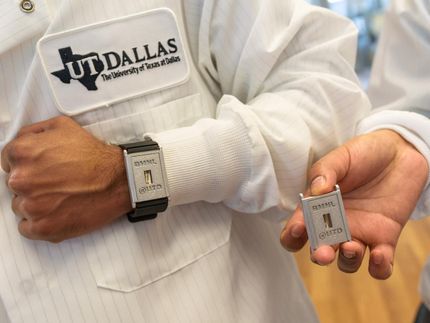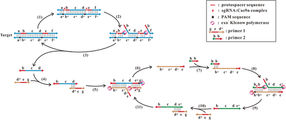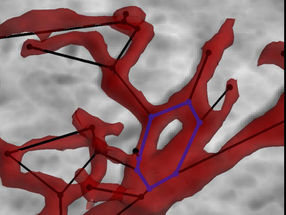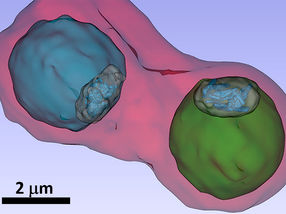Self-Monitoring and POC Diabetes Tests Reveal Potential for Significant Growth
The European diabetes diagnostics market is poised for expansion with segments such as self-monitoring and point-of-care (POC) tests offering tremendous growth potential. Heightened efforts to generate awareness about diabetes and related diagnostic tests are a key driver in market development. For instance, limited awareness about HbA1C tests is restraining the laboratory market. However, this challenge will be curtailed with more education about the test.
New analysis from Frost & Sullivan European Diabetes Diagnostics Market, finds that the market earned revenues of $3.6 billion in 2008 and estimates this to reach $10.6 billion in 2015. The following segments are covered in this research: laboratory HbA1C testing, self-monitoring blood glucose (SMBG) and POC diabetes testing.
“The increasing prevalence of diabetes along with the demand for more rapid tests drives the market, especially for the SMBG segment,” notes Frost & Sullivan Programme Leader Arun A.K. “Efforts are being undertaken to popularise HbA1C tests and enhance the adoption rate in POC settings.”
Type-2 diabetes is asymptomatic in nature; therefore, emphasis is placed on early diagnosis of the disease. Along with early diagnosis, patients are recommended to use self-test meters at home. The rising interest in self-testing has opened opportunities for emerging technologies such as minimally invasive and non-invasive blood glucose meters. Low awareness and poor communication between manufacturers and physicians is a challenge for the HbA1C market. Different laboratories have varied methods of measuring HbA1C, leading to inconsistency in results.
“Manufacturers must diversify into other segments in order to maintain growth momentum in the diabetes diagnostics market,” explains Arun. “Improved coordination between physicians and the patient community is the best way to produce customised solutions in the market.”
In addition to high-quality products, market participants must provide additional support to end users. Round-the-clock customer service and exceptional technical support are essential to succeed in this fiercely competitive market.
“Manufacturers must create awareness about the importance of diabetes diagnostics tests,” says Arun.” Resources need to be allocated exclusively for marketing and distribution services.”
If you are interested in a virtual brochure, which provides a brief synopsis of the research and a table of contents, then send an e-mail to Katja Feick using the 'Contact' button below.
Most read news
Topics
Organizations
Other news from the department business & finance

Get the analytics and lab tech industry in your inbox
By submitting this form you agree that LUMITOS AG will send you the newsletter(s) selected above by email. Your data will not be passed on to third parties. Your data will be stored and processed in accordance with our data protection regulations. LUMITOS may contact you by email for the purpose of advertising or market and opinion surveys. You can revoke your consent at any time without giving reasons to LUMITOS AG, Ernst-Augustin-Str. 2, 12489 Berlin, Germany or by e-mail at revoke@lumitos.com with effect for the future. In addition, each email contains a link to unsubscribe from the corresponding newsletter.



























































